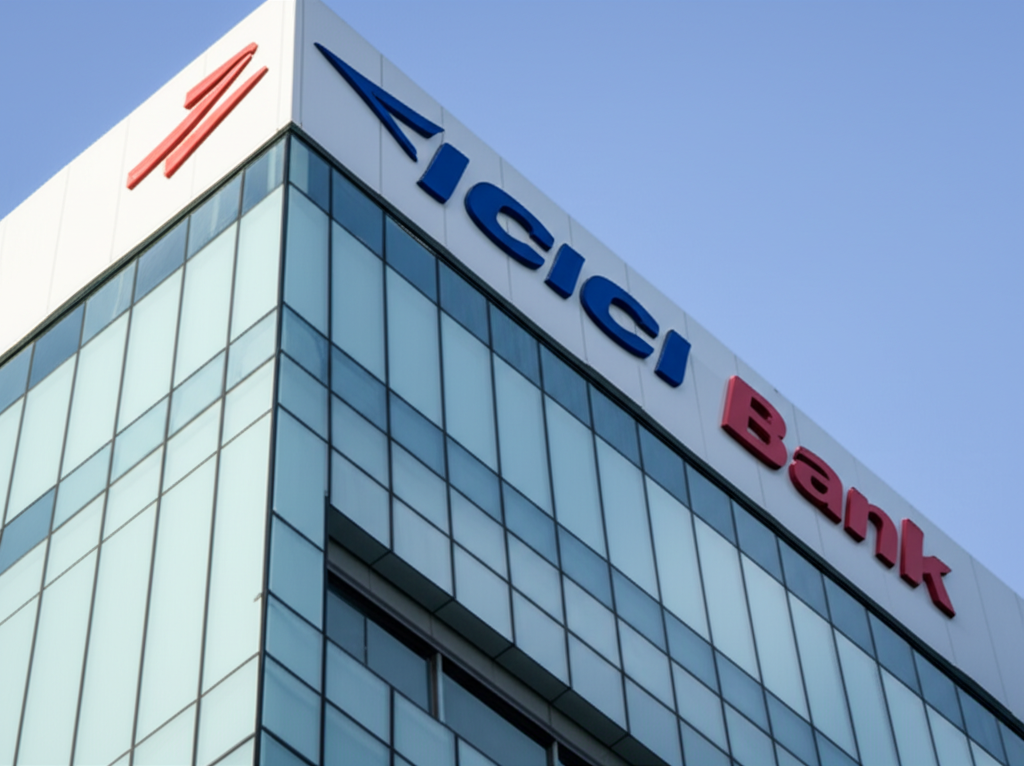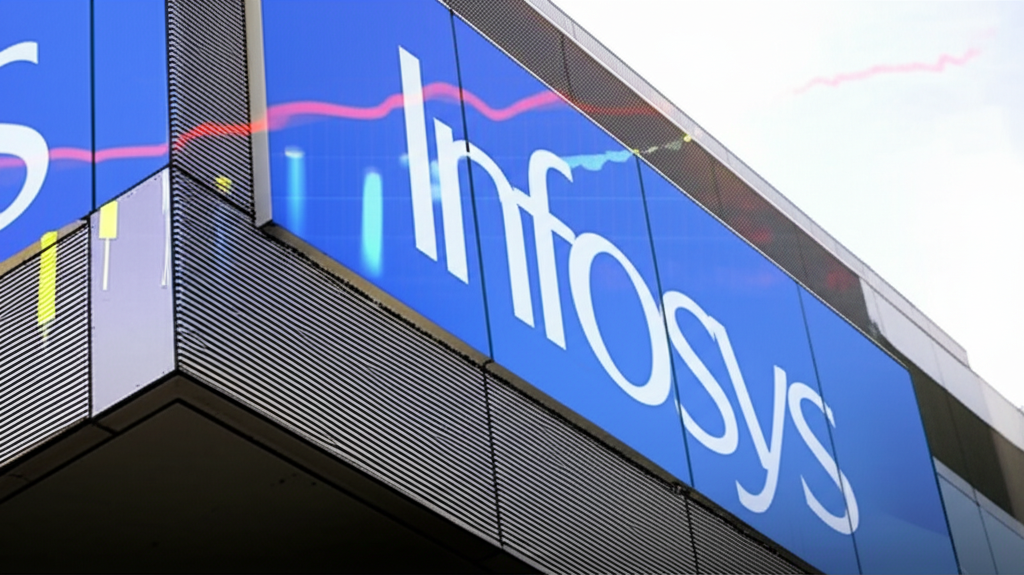On May 13, 2025, shares of Gensol Engineering Limited, a renewable energy and electric mobility firm, surged 5% to hit the upper circuit limit at ₹56.64 on the National Stock Exchange (NSE) and ₹57.28 on the Bombay Stock Exchange (BSE). This sharp rebound followed a tumultuous period for the company, marked by the resignations of its Managing Director, Anmol Singh Jaggi, and Whole-time Director, Puneet Singh Jaggi, on May 12, 2025. The resignations were prompted by a Securities and Exchange Board of India (SEBI) interim order dated April 15, 2025, which barred the Jaggi brothers from accessing securities markets and holding key managerial positions due to allegations of financial misconduct and fund diversion. The stock’s upper circuit was a surprise after hitting a 52-week low earlier in the day, reflecting a complex investor response to the leadership shake-up. This article explores the events leading to the resignations, the stock’s dramatic movement, SEBI’s allegations, and the implications for Gensol Engineering’s future in India’s renewable energy sector.
Background on Gensol Engineering
Founded in 2012 by Anmol and Puneet Singh Jaggi, Gensol Engineering is a small-cap company headquartered in Ahmedabad, Gujarat, operating in the clean energy and electric mobility sectors. With a market capitalisation of approximately ₹207.42 crore as of December 2024, Gensol provides solar consulting, engineering, procurement, and construction (EPC) services, and electric vehicle (EV) leasing through its affiliate, BluSmart Mobility. The company reported a consolidated total income of ₹345.34 crore for the quarter ending December 31, 2024, up 52.05% year-on-year, and a net profit of ₹17.86 crore, according to The Economic Times. Key revenue streams include solar power systems, lease rentals, and service sales, with significant investments in EV infrastructure.
Gensol’s stock had been a high-flyer, peaking at ₹1,331 per share in February 2024, but faced a catastrophic 93% decline in 2025, hitting a 52-week low of ₹51.25 on May 13, 2025. The company’s PE ratio of 2.02 and price-to-book ratio of 0.66, as reported by The Economic Times, indicate a heavily discounted valuation compared to peers like MTAR Technologies and Harsha Engineers International. The stock’s volatility stems from regulatory scrutiny and governance concerns, which culminated in the Jaggi brothers’ resignations.
The SEBI Interim Order: Allegations of Financial Misconduct
The catalyst for the resignations was SEBI’s interim order on April 15, 2025, which accused Anmol and Puneet Jaggi of orchestrating a “brazen scheme” to divert company funds for personal use, as detailed in a Moneycontrol report. The regulator’s investigation, triggered by a complaint in June 2024, uncovered significant governance lapses and financial irregularities at Gensol. Key allegations include:
- Misuse of Loan Funds: Gensol secured ₹977.75 crore in term loans from the Indian Renewable Energy Development Agency (IREDA) and Power Finance Corporation (PFC) between 2021 and 2024, with ₹663.89 crore earmarked for purchasing 6,400 EVS for leasing to BluSmart Mobility. However, only 4,704 vehicles were acquired for ₹567.73 crore, leaving ₹262.13 crore unaccounted for, as confirmed by supplier Go-Auto.
- Diversion to Personal Ventures: SEBI alleged that funds were routed through promoter-controlled entities like Capbridge Ventures LLP and Gensol Consultants. For instance, ₹93.88 crore from an IREDA loan was transferred to Go-Auto, with ₹50 crore redirected to Capbridge Ventures to purchase a luxury apartment in DLF Camellias worth over ₹42 crore. Other diversions included ₹6.20 crore to Anmol’s mother, Jasminder Kaur, and ₹2.98 crore to his wife, Mugdha Kaur Jaggi, as well as ₹1.13 crore to Puneet’s wife and ₹87.52 lakh to his mother.
- Extravagant Personal Spending: The Jaggi brothers allegedly used company funds for lavish expenses, including ₹26 lakh on a golf set, ₹3 lakh on travel via MakeMyTrip, and ₹50 lakh invested in Ashneer Grover’s Third Unicorn. SEBI described Gensol as being run like a “proprietorship firm,” with funds treated as the promoters’ “personal piggy bank.”
- Falsified Documents: SEBI accused Gensol of submitting forged repayment certificates to mislead regulators, credit rating agencies like CARE Ratings and ICRA, and investors. Complaints from IREDA and PFC to the Economic Offences Wing further corroborated these claims.
SEBI’s actions included barring the Jaggi brothers from securities markets, prohibiting them from holding directorial or managerial roles in listed entities, and halting Gensol’s proposed 1:10 stock split to protect retail investors. The regulator also ordered a forensic audit of Gensol and its related entities, with the company pledging full cooperation, as noted in an Angel One report.
The Resignations and Immediate Stock Market Reaction
On May 12, 2025, Anmol Singh Jaggi resigned as Managing Director, and Puneet Singh Jaggi stepped down as Whole-time Director, effective at the close of business hours. Both cited SEBI’s interim order as the reason for their resignations in identical letters to the board, with Anmol stating, “I am hereby resigning from the post of Managing Director of Gensol Engineering Limited with effect from the close of business hours on May 12, 2025. Further, I declare that I am resigning due to the direction given under the SEBI Interim Order dated April 15, 2025.
The stock market’s response was initially negative, with Gensol’s shares tumbling 5% to hit a 52-week low of ₹51.25 on the NSE and ₹51.84 on the BSE during morning trade on May 13, 2025, as reported by Business Standard. This marked the 23rd consecutive session of declines, with the stock down 68.28% over the period. However, by the close of trading, the stock staged a dramatic recovery, surging 5% to hit the upper circuit at ₹56.64 on the NSE and ₹57.28 on the BSE, according to The Economic Times. This rebound was attributed to investor optimism that the resignations could pave the way for improved governance and regulatory resolution.
Factors Driving the 5% Surge
Several factors contributed to the unexpected upper circuit in Gensol’s stock:
- Leadership Transition as a Positive Signal: The resignations, though forced by SEBI, were perceived by some investors as a step toward addressing governance issues. The removal of the Jaggi brothers, who were central to the allegations, may have boosted confidence in potential management reforms.
- Short-Covering Rally: After 23 sessions of lower circuits and a 93% year-to-date decline, the stock was heavily shorted. The resignations may have triggered short-covering by traders, driving the sharp rebound, as suggested by market analysts in a NDTV Profit report.
- Low Valuation Appeal: With a PE ratio of 2.02 and a price-to-book ratio of 0.66, Gensol’s stock appeared undervalued compared to peers, attracting bargain hunters despite the risks, as noted in The Economic Times.
- Speculative Trading: The stock’s low price and high volatility made it a target for speculative retail investors, as reflected in X posts warning of potential “pumping” [post:2].
However, analysts like Kranthi Bathini of Wealthmills Securities cautioned that small-cap stocks like Gensol carry significant governance risks, advising retail investors to exit if opportunities arise, Livemint.
Broader Implications for Gensol Engineering
The resignations and SEBI probe have profound implications for Gensol Engineering, its investors, and India’s renewable energy sector:
1. Governance Overhaul
The Jaggi brothers’ exit necessitates a leadership restructuring. Gensol’s remaining management, including Chief Financial Officer Jabir Mahendi M Aga and Chief Executive Officer Ali Imran Naqvi, must restore investor confidence by strengthening corporate governance. The ongoing forensic audit will be critical in uncovering the extent of financial irregularities and rebuilding trust.
2. Financial Stability Concerns
The alleged diversion of ₹262.13 crore and complaints from IREDA and PFC raise concerns about Gensol’s financial health. The company’s high debt and delays in servicing BluSmart’s obligations, as noted by CARE Ratings, could lead to further credit downgrades or loan defaults. Gensol’s commitment to stabilising operations, as stated in an Angel One report, will be tested.
3. Impact on BluSmart Mobility
BluSmart, co-founded by the Jaggi brothers, is intricately linked to Gensol’s EV leasing operations. SEBI’s allegations and the Delhi High Court’s order barring Gensol and BluSmart from transferring 220 leased EVS highlight operational risks. The Ministry of Corporate Affairs’ probe into both entities could further disrupt BluSmart’s growth in India’s competitive EV ride-hailing market.
4. Investor Sentiment and Market Perception
With over 1.1 lakh public shareholders affected, the crisis has eroded retail investor confidence. The stock’s 90% decline from its 2023 high of ₹1,126 has wiped out ₹3,800 crore in market capitalisation, as reported by Moneylife. The Securities Appellate Tribunal’s (SAT) refusal to stay SEBI’s order underscores the severity of the allegations, and SEBI’s final verdict, expected within four weeks, will be pivotal.
5. Sectoral Implications
Gensol’s troubles highlight governance risks in India’s renewable energy and EV sectors, which are critical to the country’s National Electric Mobility Mission Plan 2020 and net-zero goals. High-profile failures like Gensol could deter investment in small-cap clean energy firms, as warned by investor Vijay Kedia in The Economic Times.
Challenges and Risks Ahead
Gensol faces several challenges as it navigates the fallout:
- Regulatory Scrutiny: The ongoing SEBI forensic audit, combined with investigations by the Enforcement Directorate (ED) under the Foreign Exchange Management Act (FEMA) and the Ministry of Corporate Affairs, could uncover further irregularities, potentially leading to penalties or legal action. The Economic Times.
- Operational Disruptions: The freeze on the Jaggi brothers’ demat accounts and restrictions on EV transfers could disrupt Gensol’s EV leasing and EPC operations, risking contract cancellations, as noted in an NDTV Profit report.
- Investor Trust: Restoring confidence among 1.1 lakh shareholders will require transparent communication and tangible governance reforms. The stock’s volatility, with 29 lower circuits in 34 sessions, underscores the uphill battle for Moneycontrol.
- Competitive Pressures: Gensol faces competition from established players like Tata Power and Adani Green Energy in the renewable energy space, which could exploit its weakened position.
Future Outlook
Gensol’s future hinges on the outcome of SEBI’s forensic audit and the company’s ability to implement governance reforms. The appointment of new leadership, potentially including independent directors like Vibhuti Patthak Patel or Rajesh Jair, could signal a fresh start. Gensol’s core businesses—solar EPC and EV leasing—remain aligned with India’s renewable energy push, supported by policies like the PM Suryaghar Yojana. However, the company must address its debt burden and operational challenges to capitalise on these opportunities.
Analysts remain cautious, with no immediate buy recommendations due to the stock’s high risk profile, The Economic Times. The stock’s low valuation may attract speculative investors, but long-term recovery depends on regulatory clearance and financial stabilisation. Gensol’s denial of merger or asset sale rumours, as reported by The Economic Times, suggests a focus on internal restructuring over external deals.
Conclusion
The 5% surge in Gensol Engineering’s shares on May 13, 2025, following the resignations of Anmol and Puneet Jaggi, marked a fleeting moment of optimism amid a prolonged crisis. The upper circuit, driven by short-covering and speculative trading, contrasted with the stock’s 93% year-to-date decline and 52-week low earlier in the day. SEBI’s allegations of fund diversion and governance failures have cast a long shadow over Gensol, with the Jaggi brothers’ exit signalling a potential turning point. However, the company faces significant challenges, from regulatory probes to operational risks, that will shape its future in India’s renewable energy landscape. Investors must remain vigilant, as advised by analysts, and await SEBI’s final verdict to gauge Gensol’s path forward.















0 Comments